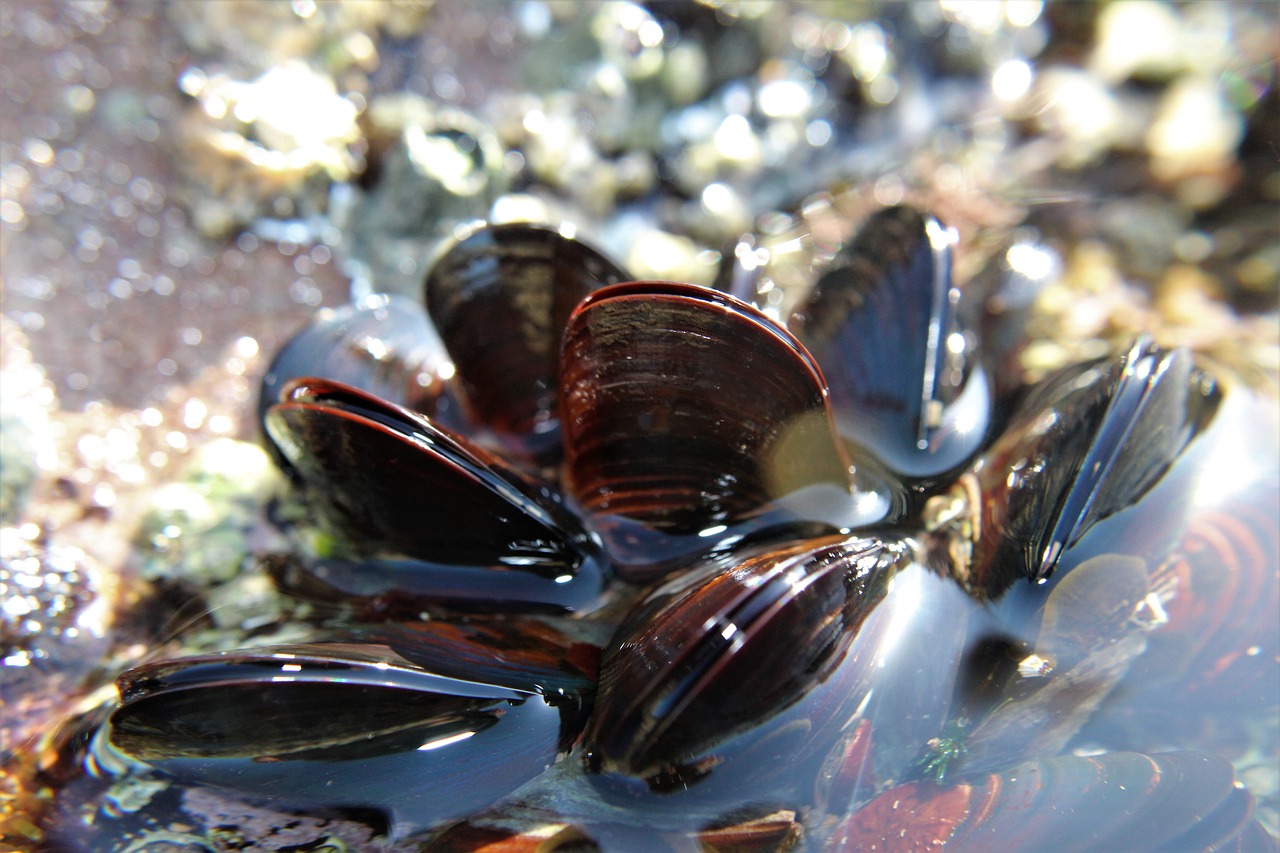Media release
From:
Intertidal mussel-symbiont associations act as CO₂ sinks during daily emersion
Human-driven disruptions of the carbon cycle threaten the planet’s ability to store CO₂, worsening climate change. Coastal ecosystems such as mangroves and seagrasses are recognized as vital carbon sinks, but our research highlights an overlooked ally: mussels and their microbial partners. We found that Mytilus edulis hosting endolithic phototrophs can absorb CO₂ from the atmosphere during tidal air exposure. Our findings suggest that these mussel–symbiont associations act as weak but functional carbon sinks, temporarily offsetting metabolic CO₂ losses. While not comparable to seagrasses or kelp forests, they nonetheless provide a context-dependent mechanism of CO₂ fixation in coastal systems.
Carbon collectors- The symbiotic relationship between mussels and the photosynthetic bacteria they host could play a small but important role in coastal carbon storage. Increased photosynthesis rates of cyanobacteria ‘symbionts’ take in CO₂ when mussels are exposed at low tide. While the effects are weak, the mussel-symbiont pair does temporarily offset their own CO2 production while exposed. This highlights the need to incorporate these types of interactions into future research on ‘blue carbon’ systems.



 International
International


